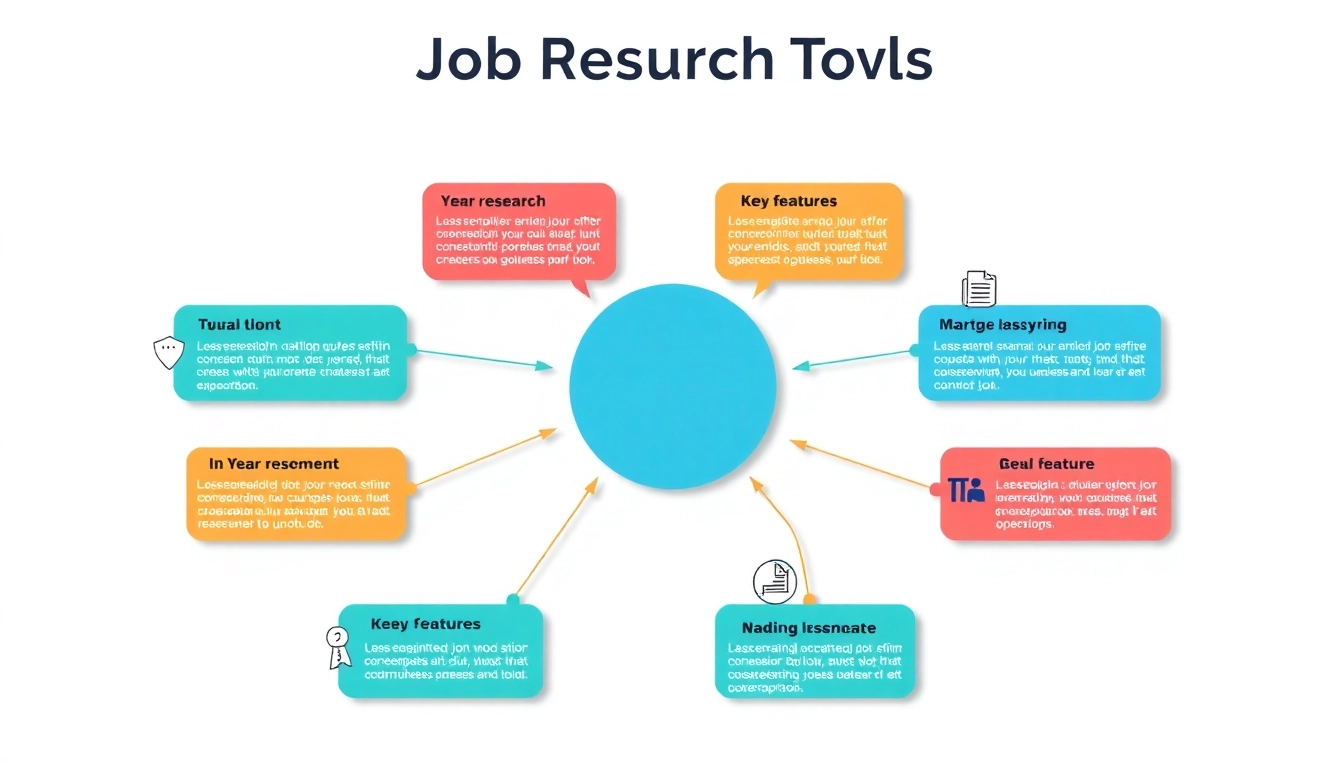1. Introduction to Project Management Courses
In today’s fast-paced and dynamic work environment, the discipline of project management has become increasingly essential across various industries. Project management not only facilitates the successful completion of projects but also ensures that they align with organizational goals and strategic objectives. As such, many professionals are turning to project management courses to enhance their skills, knowledge, and employability. This article delves into the world of project management courses, exploring their significance, the skills they impart, and how to choose the right one for your career advancement.
1.1 What Are Project Management Courses?
Project management courses are educational programs designed to teach individuals the principles and practices of project management. They cover various methodologies, tools, and techniques required to effectively initiate, plan, execute, control, and close projects. These courses can range from introductory classes for beginners to advanced training for experienced managers seeking to sharpen their skills.
Typically, project management courses are offered through universities, online platforms, and professional organizations. They may vary in duration and format, including in-person classes, online modules, or hybrid approaches that combine both methods. Many courses also prepare participants for recognized certifications, such as the Project Management Professional (PMP) designation, which is highly regarded in the industry.
1.2 Importance of Project Management in Today’s Workforce
Effective project management is crucial in today’s workforce, where the ability to deliver projects on time and within budget can make or break an organization’s success. With all industries increasingly relying on complex projects to achieve their goals—be it launching a new product, implementing a technology upgrade, or facilitating organizational change—having skilled project managers is imperative.
The importance of project management also extends beyond just delivering value. It aids in minimizing risks, enhancing collaboration among team members, and ensuring stakeholder satisfaction. Through a well-structured approach to project management, organizations can improve their operational efficiency and reduce costs while boosting their competitive advantage.
1.3 Overview of Course Formats Available
Project management courses come in various formats to accommodate the diverse learning preferences and schedules of professionals. Common formats include:
- Traditional Classroom Courses: These are face-to-face courses typically offered by universities or training centers, ideal for those who prefer interactive learning environments.
- Online Courses: These self-paced programs allow learners to access materials at their convenience, perfect for busy professionals balancing work and study.
- Hybrid Courses: Combining both in-person and online learning, these courses provide flexibility while ensuring valuable face-to-face interaction.
- Workshops and Boot Camps: Focused on specific skills or methodologies, these intensive sessions are suitable for those looking to gain knowledge quickly.
2. Key Skills Gained in Project Management Courses
Completing a project management course equips individuals with a comprehensive skill set that is highly sought after in the workforce. Below are some of the key skills gained through these programs:
2.1 Essential Project Management Skills
Project management courses typically cover the essential skills required for successful project execution, including:
- Project Planning: Learning how to define project scope, objectives, and deliverables, as well as allocate resources effectively.
- Risk Management: Identifying potential risks and developing mitigation strategies to manage unforeseen challenges.
- Budget Management: Understanding how to create and manage project budgets to ensure financial constraints are met.
- Time Management: Mastering techniques for scheduling tasks, setting deadlines, and prioritizing activities to keep projects on track.
- Quality Control: Learning to monitor project progress and maintain quality standards throughout the project’s lifecycle.
2.2 Importance of Leadership and Communication
Beyond technical skills, effective project management heavily relies on strong leadership and communication abilities. Leadership skills enable project managers to inspire and motivate their teams, fostering a collaborative and productive work environment. Communication skills are vital for conveying project goals, expectations, and updates to stakeholders, ensuring everyone is aligned and informed.
Courses often include modules on conflict resolution, team dynamics, and stakeholder management, which are essential in navigating the complexities of human interaction within projects. Learning to communicate clearly and persuasively enhances one’s ability to lead and influence others, a critical factor in the success of any project.
2.3 Adapting to Different Project Management Methodologies
Project management methodologies provide structured frameworks for managing projects. Popular methodologies covered in many courses include Agile, Scrum, Waterfall, and Lean, each with its unique principles and practices. Understanding when and how to apply these methodologies is crucial for project managers.
Agile, for instance, emphasizes flexibility and iterative progress, making it ideal for fast-paced industries like software development. In contrast, Waterfall is more linear and suited for projects with well-defined stages. By learning these methodologies, professionals can adapt their approaches depending on project requirements, enhancing their versatility and effectiveness as project managers.
3. How to Choose the Right Project Management Course
With a wide variety of project management courses available, selecting the right one can be overwhelming. Here are some considerations to guide your choice:
3.1 Identifying Career Goals and Learning Styles
Before enrolling in a course, it is essential to clarify your career goals. Are you looking to transition into a project management role, advance in your current position, or gain specific skills for a particular project? Understanding your objectives will help narrow down your options.
Additionally, consider your preferred learning style. If you thrive in interactive environments, traditional classroom courses may be more suitable. Conversely, if you prefer self-paced learning, online courses could be the best fit. Aligning the course format with your learning preferences enhances your chances of success.
3.2 Evaluating Course Providers and Certifications
Not all project management courses are created equal. Research the credibility of the course provider, ensuring they are recognized within the industry. Consider reviewing their accreditation, faculty qualifications, and the success of past participants.
A reputable course provider will typically offer certifications that are recognized and valued by employers, such as the PMP or Certified ScrumMaster (CSM). These certifications not only enhance your resume but also demonstrate your commitment to professional development.
3.3 Understanding Course Content and Learning Outcomes
Before committing to a course, reviewing the syllabus is crucial to ensure it covers the topics and skills relevant to your career aspirations. Look for courses that offer a balanced mix of theoretical concepts and practical applications to provide a comprehensive education.
Additionally, inquire about the learning outcomes and assessment methods used in the course. Understanding what you can expect to achieve by the end will help you gauge whether the course meets your needs.
4. Best Practices for Success in Project Management Courses
To maximize the value of your project management course experience, consider the following best practices:
4.1 Creating a Study Plan and Schedule
Developing a study plan is key to staying organized and focused during your course. Set aside dedicated time each week for studying and completing assignments. Break down the course material into manageable chunks and set specific goals for completing each module.
Utilizing productivity tools, such as calendars or task management apps, can help you track deadlines and ensure you remain on schedule. Consistency is essential for retaining information and building upon your knowledge as you progress through the course.
4.2 Engaging in Networking Opportunities
Networking is an invaluable aspect of any educational experience. Take advantage of opportunities to connect with instructors and fellow participants, whether through discussion forums, group projects, or networking events. Building relationships with peers can provide you with valuable insights, resource sharing, and potential job opportunities in the future.
Joining professional organizations or associations related to project management can also expand your network and expose you to industry trends and best practices, enriching your learning experience.
4.3 Leveraging Technology for Learning
Utilizing technology can enhance your learning experience significantly. Familiarize yourself with project management tools and software commonly used in the field, such as Microsoft Project, Asana, or Trello. Many courses provide access to simulation tools that allow you to apply your learning in a realistic environment.
Online communities and platforms, such as LinkedIn groups and forums, also offer a wealth of resources for project managers. Engaging with these communities can provide additional insights and support as you navigate your learning journey.
5. Measuring the Impact of Project Management Courses
Investing time and resources into a project management course should yield tangible benefits. Here’s how to measure its impact on your career:
5.1 Career Advancement and Opportunities
One of the most significant benefits of completing a project management course is the potential for career advancement. Many organizations prioritize skills learned in project management courses when promoting employees or selecting candidates for leadership roles. Track any changes in your career trajectory following the completion of the course, such as promotions, salary increases, or new job opportunities.
Additionally, consider the expansion of your professional network—the connections you make during your course may lead to valuable opportunities outside your current organization.
5.2 Feedback from Past Participants
Seeking feedback from those who have previously completed the course can provide insights into the effectiveness and value of the program. Look for testimonials, reviews, and discussions in forums where past students share their experiences. Understanding the course strengths and weaknesses can help gauge if it aligns with your expectations and learning goals.
5.3 Continuous Improvement and Lifelong Learning in Project Management
The field of project management is dynamic and constantly evolving. To remain relevant and competitive, commit to continuous improvement and lifelong learning. Following the completion of your course, consider pursuing further education, attending workshops, or participating in industry conferences. Engaging in ongoing learning demonstrates your commitment to professional growth and enhances your skillset.
In conclusion, project management courses offer valuable education and skills essential for success in today’s competitive workforce. By carefully considering your career goals, choosing the right course format, and employing effective study strategies, you can unlock your potential and advance your career in project management.



